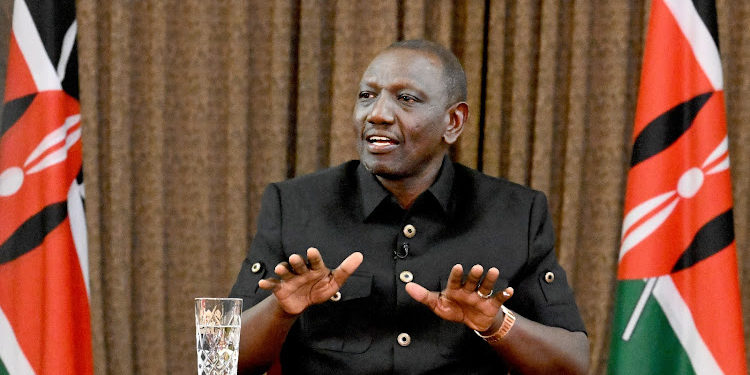Kenyan President William Ruto affirms the nation’s commitment to proceed with its United Nations-backed security mission in Haiti, despite a recent temporary halt imposed by the High Court. The mission aims to address the extensive gang violence in Haiti, which resulted in nearly 5,000 deaths last year, with initial funding pledged by the United States.
The mission’s viability faced uncertainty following a Kenyan court ruling declaring the deployment of officers abroad unconstitutional without a “reciprocal arrangement” with the host government. President Ruto notes that Haiti had sought assistance months ago, expressing confidence that a forthcoming request would satisfy the court’s demands.
High Court Judge Justice Mwita clarifies that Article 240 does not authorize the Council to deploy police officers outside Kenya. Emphasizing adherence to provisions outlined in part 14 of the Act and exclusive reciprocity with other nations, the judge sets a clear framework for overseas deployment.
Haiti’s initial request for help in 2022 encountered challenges as foreign governments were reluctant to support the unelected administration of the impoverished country amid escalating gang violence. Kenya, known for its active participation in international peacekeeping efforts, volunteered 1,000 police officers last July in solidarity with Haiti.
Following Kenya’s lead, The Bahamas, Antigua and Barbuda, and Jamaica expressed their willingness to assist, with the United States committing $200 million to initiate the deployment.
In the midst of these developments, the Azimio Coalition issues a cautionary message to the United States, warning against interference in Kenya’s internal affairs. Martha Karua, in the same statement, expresses concern over the U.S. government’s support for the Ruto regime’s appeal against the deployment ruling. She urges all parties to respect the judiciary’s independence and advises foreign entities to refrain from involvement in national affairs.
















